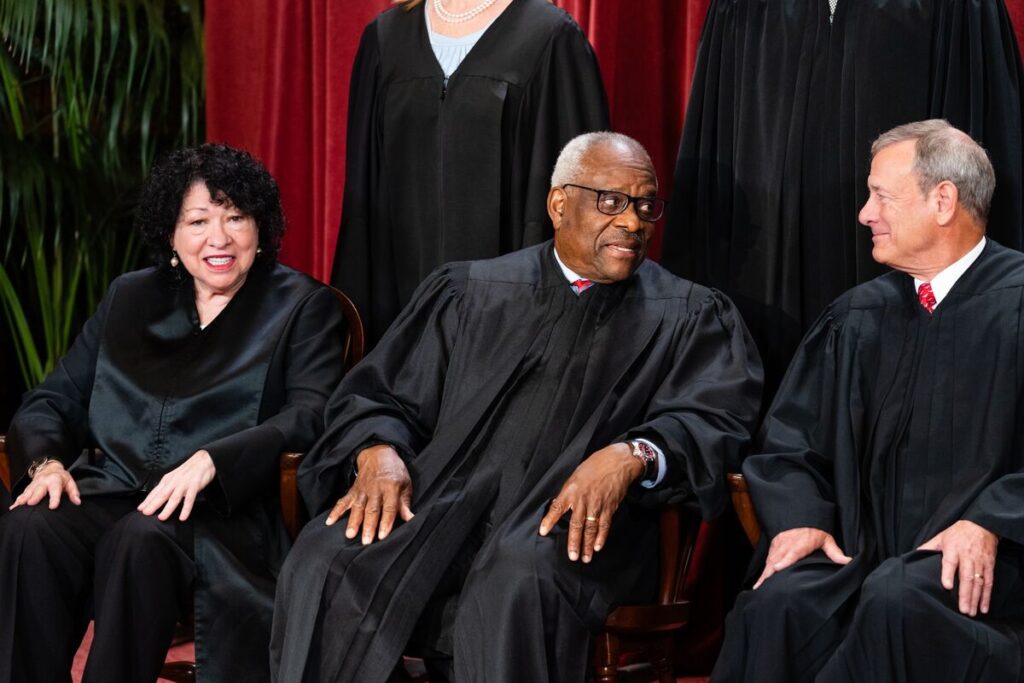The Supreme Court issued a unanimous ruling on Thursday in the case of an Ohio woman who claimed she was the victim of reverse discrimination in a decision that is being viewed as a potential landmark win in the broader legal and ideological battle over diversity, equity, and inclusion policies.
The highest court in the land ruled 9-0 that Marlean Ames was not required to meet a “higher burden of proof to prove that she was discriminated against despite being part of a ‘majority’ group,” the New York Post said.
In November 2020, Ames filed a lawsuit against the Ohio Department of Youth Services, alleging she was unfairly denied a promotion in favor of a less-qualified lesbian colleague. She further claimed that she was later demoted and replaced by a gay man, whom she also argued lacked the necessary qualifications for the role. The Supreme Court’s ruling sends Ames’s complaint back to the lower courts for further review.
“The ruling from the Supreme Court makes it easier to pursue claims of reverse discrimination in 20 states and the District of Columbia that are covered by federal courts of appeals that still applied the standard,” CBS News reported.
In the decision, Justice Ketanji Brown Jackson wrote that SCOTUS’ case law “makes clear that the standard for proving disparate treatment under Title VII does not vary based on whether or not the plaintiff is a member of a majority group. … The ‘background circumstances’ rule flouts that basic principle.” She also pointed out that the requirement places all majority-group plaintiffs under “the same, highly specific evidentiary standard in every case.”
A federal district court previously ruled in favor of the Ohio Department of Youth Services, finding that the agency had provided “legitimate, nondiscriminatory business reasons” for denying Ames the promotion.
The court also concluded that Ames’ claims failed to meet the necessary background circumstances to establish a case of reverse discrimination. The U.S. Court of Appeals for the 6th Circuit upheld the district court’s decision, agreeing that Ames had not met the threshold to support her claims.



